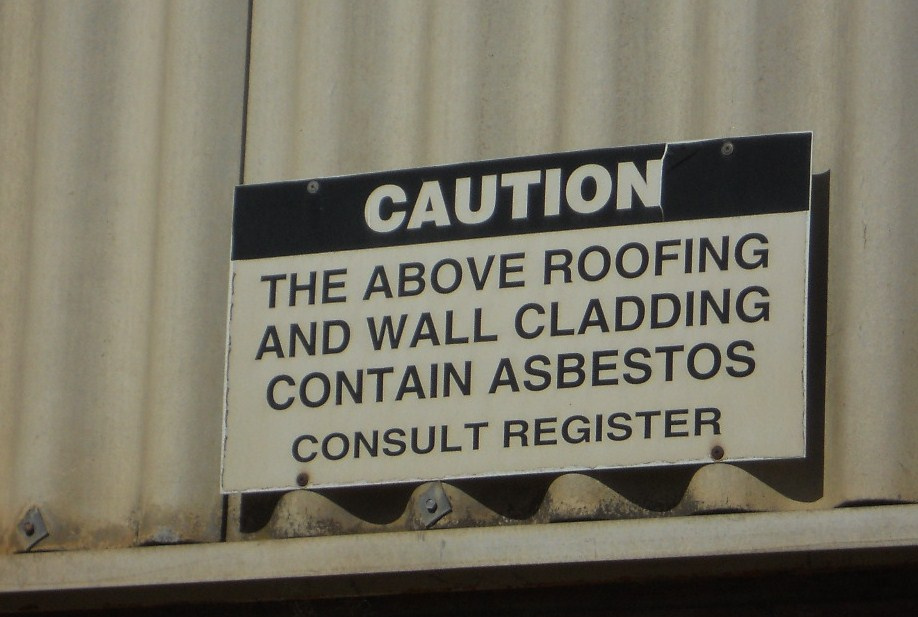61.4% of New South Wales do-it-yourself renovators reported being exposed to asbestos whilst undertaking renovations of their properties. 39.3% also reported their partner had also been exposed and a further 22.8% that their children had been exposed.
I don’t know about you but that idea just terrifies me. Asbestos is such a silent killer. Once exposed it can lurk around inside your body for up to 50 years before suddenly exploding without warning in deadly disease. It’s shocking to me that so many renovators are doing work on their homes without considering the implications of asbestos.
What Is Asbestos Register?
The lack of forethought is exactly the reason the asbestos register legislation was enacted.
The Workplace Health & Safety Act (2011) requires a person with control of a business or undertaking (PCBU) must, where the business or undertaking is in a building registered prior to 31st December 2003, an asbestos audit must be undertaken.
If asbestos is present then the location and condition of that asbestos must be noted in a register to be kept on premises. Any asbestos must have a plan for management.
The idea behind the legislation is to protect both tradespeople and those within the building from the damaging affects of asbestos. The asbestos register is available for perusal before work is undertaken so the workmen may take appropriate steps to minimize any danger.
The legislation is in keeping with the Governments goal to have all buildings asbestos free by 2030.
How Does This Apply To Body Corporates?
The Workplace Health & Safety Act only applies to buildings that run a business or an undertaking.
All body corporates issue levies, collect funds and spend those funds in management of the common property. So, for the purposes of the legislation the body corporate has an undertaking and is a PCBU.
However, the legislation has a clause that allows an exemption for those buildings whose undertaking is residential in nature, which on the surface would seem to describe a body corporate exactly.
A lot of body corporates are multi use, meaning they have residential, commercial and retail portions within the one building. The other uses, other than residential, mean they will need to abide by the legislation.
Other buildings have a building manager, a contractor hired to perform maintenance duties within the building. That person is undertaking a business and consequently the legislation applies.
There are other conditions that need to be met in order to claim a residential exemption to the legislation and a full legal opinion on the subject can be found here.
Some, though certainly not all, body corporates will be affected by this legislation.
An Asbestos Register Is A Very Good Thing
If a body corporate is registered prior to 31st December, 2003 and cannot obtain an exemption for residential purposes they will need to have an asbestos audit undertaken, and if asbestos is present prepare a register and a management plan.
On the surface it might seem like a just another added expenses for the body corporate but personally I think its a very good thing.
For a start anything that limits exposure, for workmen and residents, is fantastic.
The big bonus though, if the common property of the building contains asbestos, its likely the lots will as well.
If you are planning on renovating, and you know this in advance, well that’s a powerful piece of information. It will allow you to take the necessary precautions to protect yourself and your family and avoid being one of the 61% of renovators who expose themselves.
MyBodyCorpReport.com.au pre-purchase body corporate records search contains a section where compliance with asbestos regulations are noted. To order a report click here.

